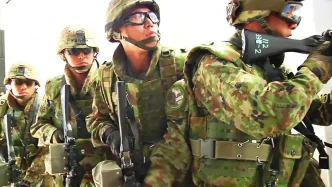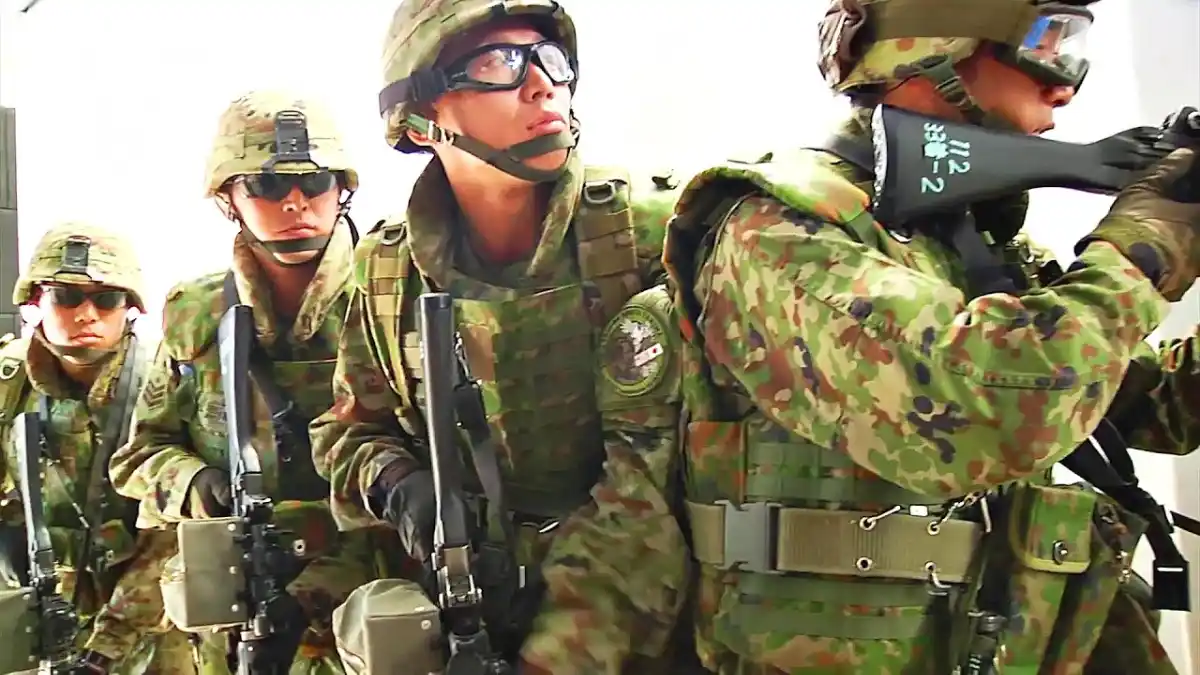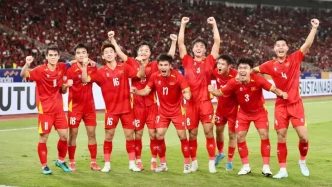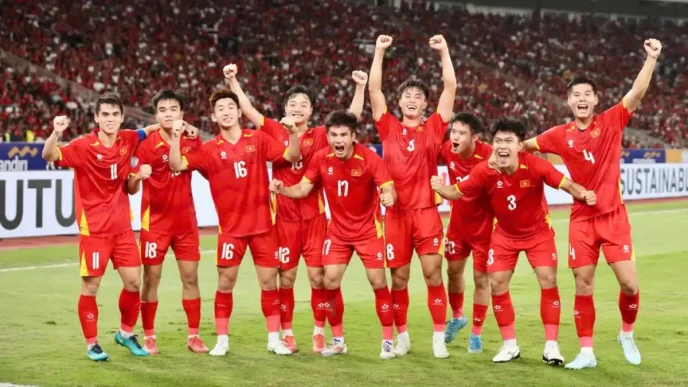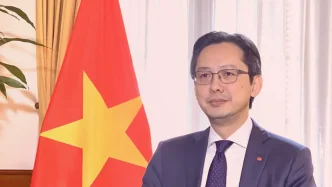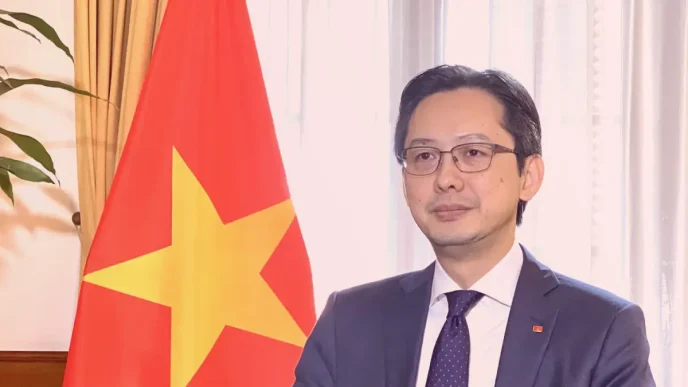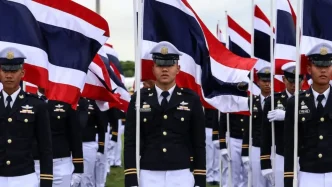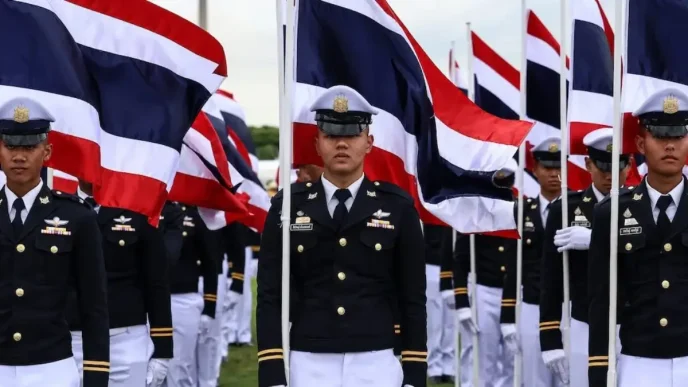In a significant push to bolster regional security and cooperation, the Armed Forces of the Philippines (AFP) have recently conducted back-to-back military engagements with Japan and Vietnam. These exercises, held in early 2025, underscore Manila’s commitment to strengthening defense ties amid ongoing tensions in the South China Sea. As geopolitical rivalries intensify in the region, the Philippines is positioning itself as a key player in fostering multilateral partnerships to ensure stability and deter potential aggressions.
Deepening Defense Ties with Japan
The AFP kicked off its series of engagements with the Japan-Philippines Maritime Cooperative Activity (MCA), a joint naval exercise aimed at enhancing interoperability between the two nations’ forces. Held in the waters off the Philippines, the drill focused on tactical operations, communication protocols, and joint responses to maritime threats. This exercise marks a continuation of the growing defense relationship between Manila and Tokyo, both of whom share concerns over assertive actions in disputed maritime territories.
Japan, a long-standing ally of the United States and a key partner in the Indo-Pacific strategy, has increasingly supported the Philippines through capacity-building programs and equipment transfers. The MCA included simulations of search-and-rescue operations and anti-piracy measures, reflecting shared priorities in maintaining freedom of navigation in critical sea lanes. Philippine naval officials emphasized the importance of such collaborations in building a rules-based maritime order, though specific statements from the event remain limited to official press releases.
Local reports suggest that the exercises also served as a platform for discussions on potential future agreements, including expanded access for Japanese forces to Philippine bases. While no formal announcements were made during the MCA, the deepening military cooperation signals a mutual intent to counterbalance regional challenges, particularly in light of overlapping territorial claims in the South China Sea.
Strengthening Bonds with Vietnam
Following the engagement with Japan, the AFP hosted a separate military exercise with Vietnam, focusing on coast guard cooperation and disaster response. This activity, conducted along the Philippine coastline, highlighted the shared vulnerabilities of both nations to natural calamities and maritime security threats. Vietnam, like the Philippines, is a claimant in the South China Sea disputes, making such partnerships crucial for presenting a united front against external pressures.
The Philippines and Vietnam have a history of collaboration in addressing regional challenges, including joint efforts to uphold international maritime law. During the exercise, both sides practiced coordinated responses to hypothetical scenarios involving illegal fishing and environmental hazards. These drills not only improve operational compatibility but also build trust between the two militaries, fostering a sense of solidarity in a geopolitically sensitive area.
According to reports from regional outlets, the engagement with Vietnam also included knowledge-sharing sessions on coastal defense strategies. While direct quotes from participants were not widely available in verified sources, the overarching narrative from both Philippine and Vietnamese authorities points to a shared commitment to peaceful resolutions of maritime disputes. This aligns with broader ASEAN efforts to maintain stability in the region despite external influences.
Strategic Implications in the South China Sea
The back-to-back military engagements come at a pivotal time for the Philippines, as tensions in the South China Sea continue to simmer. The disputed waters, claimed in part by China, Vietnam, the Philippines, and other nations, remain a flashpoint for potential conflict. Manila’s proactive approach in strengthening ties with Japan and Vietnam reflects a strategic pivot toward collective security, reducing reliance on any single ally while amplifying its regional influence.
Japan’s involvement is particularly significant given its advanced naval capabilities and strategic alignment with Western powers. For the Philippines, partnering with Tokyo offers access to technology and training that can enhance its own maritime defense posture. Meanwhile, collaboration with Vietnam reinforces ASEAN unity, sending a message that smaller nations can work together to safeguard their interests against larger powers.
Analysts note that these exercises are part of a broader trend of minilateral cooperation in the Indo-Pacific, where countries form smaller, issue-specific alliances to address shared concerns. The Philippines, historically dependent on its mutual defense treaty with the United States, is diversifying its partnerships to create a more resilient security framework. This approach allows Manila to navigate complex regional dynamics without being drawn into direct confrontations.
Domestic and Regional Reactions
Within the Philippines, the military engagements have been largely viewed as a positive step toward national security. Public sentiment, as reflected in local media, supports efforts to protect territorial waters and ensure the safety of Filipino fishermen who often face harassment in disputed areas. However, some civil society groups have raised concerns about the potential militarization of the region, advocating for diplomatic solutions over increased military presence.
Regionally, the exercises have drawn attention from neighboring countries, with some ASEAN members expressing cautious optimism about the Philippines’ outreach. While no official statements from other governments were verified at the time of writing, the general tone in regional reporting suggests an acknowledgment of the need for cooperative mechanisms to manage maritime tensions. The challenge lies in balancing these military partnerships with the ASEAN principle of non-interference, ensuring that such engagements do not escalate existing disputes.
Looking Ahead: A Network of Alliances
The AFP’s recent activities with Japan and Vietnam are likely just the beginning of a more assertive Philippine stance in regional security. Future engagements could involve other partners, such as Australia or South Korea, both of whom have shown interest in supporting Indo-Pacific stability. Additionally, the Philippines may seek to formalize agreements that allow for more frequent and complex joint exercises, further integrating its forces with those of allied nations.
One area of potential growth is in intelligence-sharing and joint surveillance operations, which could enhance situational awareness in the South China Sea. Such initiatives, if pursued, would require careful navigation of domestic and international sensitivities, ensuring that they are perceived as defensive rather than provocative. The Philippines must also balance its military collaborations with economic and diplomatic engagements to avoid alienating key regional players.
As Manila continues to build this network of alliances, the long-term impact on regional stability remains an open question. For now, the back-to-back exercises with Japan and Vietnam demonstrate a clear intent to prioritize security through cooperation. Whether this approach will deter aggression or reshape power dynamics in the South China Sea is a matter that will unfold in the coming years, as the Philippines carves out a more prominent role in the Indo-Pacific theater.
These military engagements mark a defining moment for the Philippines, signaling its readiness to engage actively with like-minded nations. As the geopolitical landscape evolves, the success of such partnerships will hinge on their ability to foster trust, uphold international norms, and address the root causes of regional tensions.

